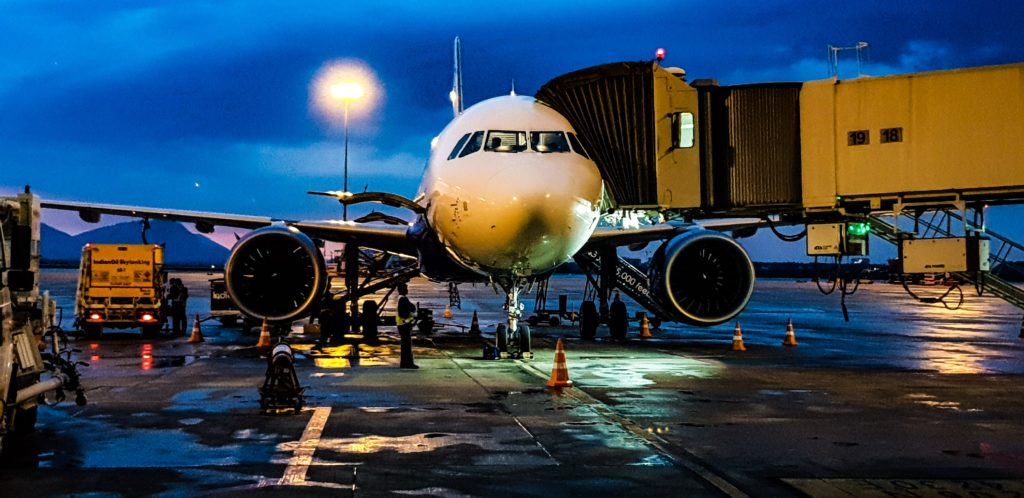



As the global economy enters into what could be a recession, many industries are wondering how they will be affected. The aviation industry is no different, as it is highly dependent on the health of the economy. So, what does an impending recession mean for the aviation industry?
There are a few key ways that a recession can impact the aviation industry. First, there is likely to be a decrease in air travel demand. This is because people will be cutting back on discretionary spending, and air travel is often seen as a luxury. This could lead to airlines reducing their flight schedules and even grounding some aircraft.
Another impact of a recession on the aviation industry is that it could lead to an increase in airfares. This is because airlines will be looking to offset the decrease in demand by raising prices. Additionally, fuel costs are also likely to rise during a recession, as oil is often one of the first commodities to be impacted by an economic downturn. This combination of factors could lead to a decrease in profitability for airlines, and could even lead to some airlines going out of business.
So, what does all of this mean for the aviation industry? Well, it is important to remember that the industry is very cyclical, and that there have been periods of economic downturn in the past where the aviation industry has actually thrived. However, it is also important to be prepared for the potential impacts of a recession, so that you can make the necessary adjustments.
It is likely that airlines have already started thinking about how they can reduce their costs and increase their revenue. This may include things like reducing flight schedules or grounding some aircraft. Additionally, they have begun to increase fares so that they can offset the decrease in demand. They could also start hedging fuel costs as they prepare for a further increase in fuel prices.
Airports are also affected by recessions, too. They may need to adjust fees and charges in order to offset the decrease in demand. Additionally, they could start looking at ways to increase non-aeronautical revenue, from parking or retail.
Manufacturers and suppliers of aviation products and services have also begun planning for a potential recession that could impact business. They may need to adjust prices in order to stay competitive, or they may need to find new markets for their products and services. Whatever the case may be, they will need to be prepared for the potential impact of a recession on the aviation industry so that they can make the necessary adjustments to their business model.

Commercial flying can be a true inconvenience. You often have to deal with long lines, cramped quarters, and unpredictable delays. Flying private is a much more relaxing and enjoyable experience. In the event of a recession, the hassles that come with commercial air travel are likely to just get much worse.
Commercial airlines are also cutting back on amenities and service in order to save money. This means that you can expect fewer creature comforts and less personal attention when flying commercial. On a private jet, however, you can expect to be treated like a VIP. You will enjoy luxurious surroundings, attentive service, and all the privacy you desire.
Another advantage of flying private is that you can usually avoid airport crowds and security lines. This can save you a great deal of time, as well as the hassle of dealing with the crowds. With staffing shortages throughout the country, this problem will only worsen.
Overall, flying private is simply a more pleasant and convenient experience than flying commercial, but especially in these financially challenging times.

When it comes to flying, there are other options. With a recession on the horizon, travelers will not only continue to deal with the hassles of commercial air travel, but they will likely get much worse. On top of that, there are additional costs to prepare for. There are also other options aside from paying top dollar for a charter flight. While the majority of private aviation options do not offer much flexibility or options when it comes to their rates, at JetMembership.com, we offer customers a more affordable way to fly private. In exchange for a flat fee, members receive wholesale prices on all private flights.
Traditionally, customers pay undisclosed commissions and other fees whenever they charter a flight through a broker. With our Jet Membership program, you can be assured that you are receiving completely transparent pricing, which can save a significant amount of money on just a single private flight. The more often you fly, the more you will save. To learn more about our Jet Membership program and to charter a private flight, contact us today!